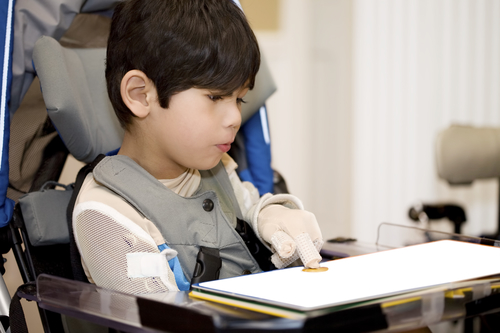 Special education mediation is an innovative process in which parents and school district staff work together to resolve an issue related to the special education program. The mediator serves a vital role in this process as a neutral party who helps facilitate communication between the parties. He or she guides them toward a mutually satisfactory agreement.
Special education mediation is an innovative process in which parents and school district staff work together to resolve an issue related to the special education program. The mediator serves a vital role in this process as a neutral party who helps facilitate communication between the parties. He or she guides them toward a mutually satisfactory agreement.
This process is usually commenced before the filing of a due process petition, but it can technically be requested at any point in the process. The mediator schedules the mediation session at a time that is convenient for both of the parties. The parties’ schedules are usually the only factor involved in setting the date and time, which is an extreme advantage over litigation in which the parties must often wait months for an available date on the docket.
Mediation can successfully resolve a variety of special education issues, including:
- Requests for more special education services
- Placement in specific classes or schools
- Eligibility for special education services
- Concerns regarding IEP determinations
During mediation, the mediator will help the parties define their positions, find points of agreement and narrow their issues. The mediator can also provide a neutral assessment of the strengths and weaknesses of each side’s position so that they have a more realistic view on it. Depending on the parties and the mediator, the parties may be in the same room together and brainstorm possible solutions to their issue.
The mediation process is confidential, so anything said during the process cannot later be repeated during a due process hearing. If the parties are unable to reach a decision, the parent still has the right to pursue relief through a due process hearing. If the parties are able to reach an agreement, the parties may enter into a written contract that outlines their mutual decisions.





 Parents who have children enrolled in school who have special needs may reach a point during their child’s academic career when conflict arises. Often, this conflict may arise due to a lack of understanding between school administrators and the child’s special needs. Some of the potential issues that may arise include:
Parents who have children enrolled in school who have special needs may reach a point during their child’s academic career when conflict arises. Often, this conflict may arise due to a lack of understanding between school administrators and the child’s special needs. Some of the potential issues that may arise include: